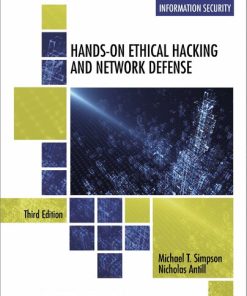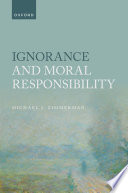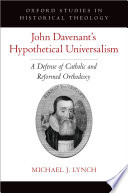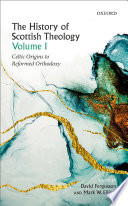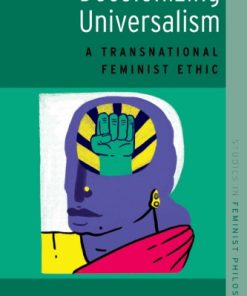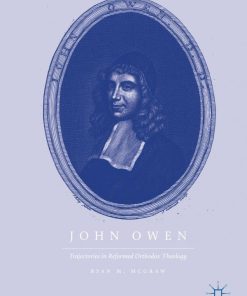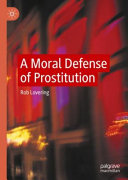John Davenant’s Hypothetical Universalism A Defense of Catholic and Reformed Orthodoxy 1st edition by Michael Lynch 0197555149 9780197555149
$50.00 Original price was: $50.00.$25.00Current price is: $25.00.
John Davenant’s Hypothetical Universalism: A Defense of Catholic and Reformed Orthodoxy 1st edition by Michael J. Lynch – Ebook PDF Instant Download/DeliveryISBN: 0197555149, 9780197555149
Full download John Davenant’s Hypothetical Universalism: A Defense of Catholic and Reformed Orthodoxy 1st edition after payment.
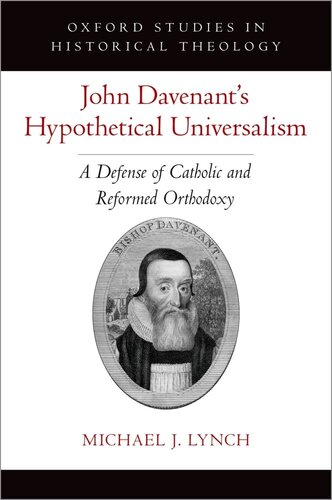
Product details:
ISBN-10 : 0197555149
ISBN-13 : 9780197555149
Author: Michael J. Lynch
Recently there has been a revival of interest in the views held by Reformed theologians within the parameters of confessional orthodoxy. For example, the doctrine known as ‘hypothetical universalism’–the idea that although Christ died in some sense for every person, his death was intended to bring about the salvation only for those who were predestined for salvation. Michael Lynch focuses on the hypothetical universalism of the English theologian and bishop John Davenant (1572-1641), arguing that it has consistently been misinterpreted and misrepresented as a via media between Arminian and Reformed theology. A close examination of Davenent’s De Morte Christi, is the central core of the study. Lynch offers a detailed exposition of Davenant’s doctrine of universal redemption in dialogue with his understanding of closely related doctrines such as God’s will, predestination, providence, and covenant theology. He defends the thesis that Davenant’s version of hypothetical universalism represents a significant strand of the Augustinian tradition, including the early modern Reformed tradition. The book examines the patristic and medieval periods as they provided the background for the Lutheran, Remonstrant, and Reformed reactions to the so-called Lombardian formula (‘Christ died sufficiently for all, effectually for the elect’). It traces how Davenant and his fellow British delegates at the Synod of Dordt shaped the Canons of Dordt in such a way as to allow for their English hypothetical universalism.
John Davenant’s Hypothetical Universalism: A Defense of Catholic and Reformed Orthodoxy 1st Table of contents:
1. Prolegomena
1.1 Introduction
1.2 Survey of Literature
1.3 Definition of Terms
1.3.1 The Term “Hypothetical Universalism”
1.3.2 Other Terms
1.4 Thesis
1.5 Outline of Argument
2. The Extent of Christ’s Work from the Early Church to Gottschalk
2.1 Introduction
2.2 Patristic Period
2.2.1 Augustinianism, Pelagianism, and Semi-Pelagianism
2.2.2 Faustus, Lucidus, and the Synod of Arles
2.3 The Early Medieval Period
2.4 Scholasticism and the Lombardian Formula
2.5 Conclusion
3. The Lombardian Formula in the Sixteenth and Early Seventeenth Century
3.1 Introduction
3.2 The Early Modern Period and the Lombardian Formula
3.2.1 Reformation Period
3.2.2 Late Sixteenth-Century Lutheran and Reformed Polemics
3.2.3 Jacob Arminius and William Perkins
3.2.4 The Hague Conference of 1611
3.3 Conclusion
4. John Davenant and the Synod of Dordt
4.1 Introduction
4.2 English Hypothetical Universalism and the Precursors to the Synod of Dordt
4.2.1 James Ussher and the Emergence of English Hypothetical Universalism
4.2.2 Bishop Overall’s Via Media
4.3 The British Delegation and the Second Main Point of Doctrine
4.3.1 The British Suffrage
4.3.2 The British Influence on the Formation of the Second Main Doctrine
4.4 Conclusion
5. John Davenant on the Extent of Christ’s Atoning Work
5.1 Introduction
5.2 Davenant’s Interlocutors: A Taxonomy of Positions
5.3 Contra the Contra-Remonstrants
5.3.1 Universal Cause of Salvation
5.3.2 Ordained Sufficiency
5.4 Contra the Remonstrants
5.4.1 Christ Died Effectually for the Elect Alone
5.4.2 Actual Reconciliation and Remission of Sins Conditioned on Faith and Repentance
5.4.3 No Obligation to Provide the Means of Application to All
5.5 Conclusion
6. John Davenant’s Covenant Theology
6.1 Introduction
6.2 Covenant in John Davenant’s Theology
6.2.1 Davenant and the Covenant of Works
6.2.2 Davenant, the Covenant of Grace, and the Evangelical Covenant
6.2.3 Absolute Covenant
6.3 Conclusion
7. Davenant on the Will of God and the Divine Decrees
7.1 Introduction
7.2 General Contours Regarding the Divine Will
7.2.1 Voluntas Simplicis Complacentiae
7.2.2 Voluntas Providentialis
7.2.3 Voluntas Beneplaciti
7.3 God’s Will and “For Whom Christ Died”
7.4 Conclusion
8. Conclusion
People also search for John Davenant’s Hypothetical Universalism: A Defense of Catholic and Reformed Orthodoxy 1st:
hypothetical universalism
hypothetical universal atonement
john davenant colossians
john davenant hypothetical universalism
john vervaeke debate
Tags: John Davenant, Hypothetical Universalism, Catholic, Reformed Orthodoxy, Michael Lynch
You may also like…
Technique - Military equipment: Missiles
Infantry Antiaircraft Missiles: Man-Portable Air Defense Systems 1st Edition Steven J. Zaloga
Engineering - Computer Technology
Politics & Philosophy - Others
History - World History
John Davenant’s Hypothetical Universalism: A Defense of Catholic and Reformed Orthodoxy 1st Edition
History - World History
The History of Scottish Theology, Volume I: Celtic Origins to Reformed Orthodoxy 1st edition
Politics & Philosophy - Anthropology
Uncategorized





